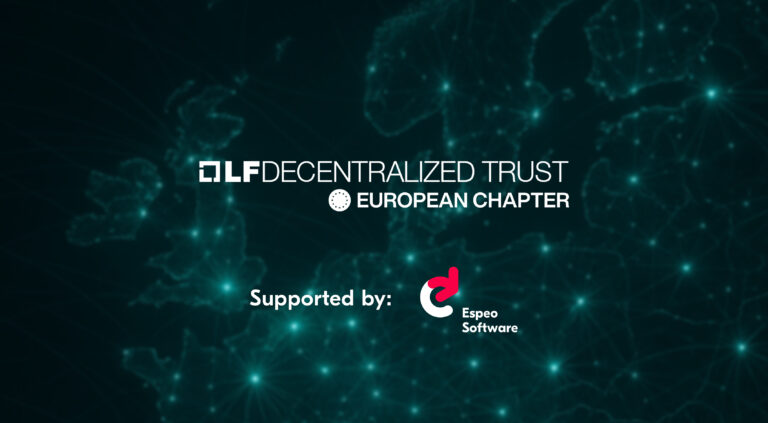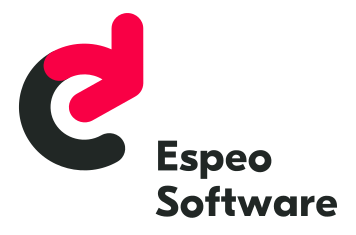Cryptocurrency payments have become a popular topic in the past few years largely due to the rise of Bitcoin. In 2017, bitcoin reached its all-time high of about $20,000. Unsurprisingly, this invited the attention of investors from across the world. Statista reports that there are nearly 34 million active crypto-wallet users worldwide as of the third quarter of 2019.
Because of increased awareness and use of digital currencies, many product and service providers are looking to tap into this small, but tech-savvy market. Fees on crypto payments are also often considerably lower than traditional payments processors. Here’s how to offer your customers crypto payments.
Cryptocurrency payments
Cryptocurrency is a digital form of currency, a medium of the electronic exchange, which uses cryptography to carry safe transactions. First introduced in 2009, the technology runs on blockchain technology that acts as an auditing and clearing tool. In short, this prevents double spending and removes the need for centralized payment processors to verify funds and record transactions. Crypto payments offer immutability and transparency.
Privacy-minded consumers are especially drawn to cryptocurrency so if you’re trying to entice this consumer segment, consider implementing cryptocurrency payments.
Most popular cryptos
Where the starting point of the cryptocurrency was bitcoin, there are several others to choose as well. Here is the list of most popular cryptocurrencies by market capitalization. Supporting one or more of these will give consumers more choice in how to pay.
- Bitcoin
- Ethereum (Ether)
- Ripple (XRP)
- Bitcoin Cash (BCH)
- EOS
- Cardano (ADA)
- Litecoin (LTC)
- Stellar (XLM)
- IOTA
- NEO
Why “big” payment processors don’t support crypto payments
Big processors do not accept cryptocurrency payments because they charge high fees for carrying transactions. On one level, this makes sense because companies such as Visa have to maintain an enormous auditing apparatus and it costs money to it. On the other hand, they’ve also built monopolies that cater to big business. As a result, small and medium-sized businesses bear the brunt of fees.
KYC procedures for merchants that want to accept crypto
A strict KYC procedure needs to be followed to accept cryptocurrency payments. Often referred to as a complicated process, it requires the essential records and personal details of the merchants.
Step 1:
The initial step involves the verification of the mobile number of the applicant. For a bitcoin exchange, you will receive a code on the registered number in the applicant’s name. You will receive a code on the same number, which will be required to complete the identity verification process.
Step 2:
The second step involves providing personal details. A copy of all the personal details needs to be submitted. It depends upon the type of platform being used to carry the transactions, according to which documents for identity verification are asked. Some of the personal documents required include driver’s license, scan of an ID, recent utility bill, birth certificate, or maybe a passport. It does not require any bank mediators as the traditional payment methods do.
The requirement of documents varies depending upon the kind of transactions or according to the amount you are planning to trade.
If you think the process requires a lot of hustle, then you can also rope in third parties to do the task for you. Nowadays, various third parties and financial institutions provide the services of a mediator that can help get the merchants to get KYC, hassle-free.
Processing cryptocurrency payments through the payment gateway
The crypto payment gateways give the merchants the facility to make and accept payments in bitcoins. There are multiple processors currently available in the market available that allow bitcoin transactions.
With the blockchain platforms, you can immediately receive and make payment and convert it into fiat money in no time. It simply makes the whole process super convenient and swift.
Coinbase
For the best bitcoin global exchange experience, Coinbase is the most trusted name. It boasts of being the largest bitcoin exchange in the U.S.A. Coinbase has a massive user base as it offers some fantastic features to its users. One trusted name for instant cryptocurrency conversion into fiat money. It completes the bitcoin exchange requirement for big and small businesses alike and takes only 2-3 days to clear the transactions. The exchange is free and prompts 1% transaction fees only after the initial $1 million transactions have been carried out.
Coingate
The best thing about the user-friendly application is that it supports near around 40 cryptocurrencies. With the single application, merchants can single-handedly at a point of time make payments using different currencies and methods. Coingate charges a nominal 1% fee on transactions, which is quite reasonable.
BitPay
Its presence in the market since 2011 makes it one trusted name in the Bitcoin world. Based out of the U.S., it facilitates accepting bitcoin as payment. The two-factor authentication provided by the app makes it a secure and trusted source to carry transactions. You can make daily transactions worth $1,000 and annual transactions worth $10,000, beyond which it levies 1% transaction fees. The app supports numerous currencies; from the Chinese Yuan, Euro, Pound Sterling, U.S. dollar, and direct bank deposits.
GoCoin
Loved by the developer globally, it offers basic, straightforward API, which makes the transactions super secure. Various plugins available on GoCoin makes it compatible for use on multiple online shopping platforms. The payout is made in dollars, and they charge a 1% fee on transactions.
CoinPayment
You search for the low fees crypto payment gateway ends at CoinPayment. It charges only 0.50% transaction fees for accepting 1,270 altcoins. It currently serves around 2,45,000 vendors in more than 180 different countries. You get access to various shopping cart plugins for some of the famous e-commerce stores like Magento, Opencart, Drupal Commerce, Shopify.
Settlement of crypto transactions
It usually takes around 10-20 minutes for a Bitcoin transaction to confirm. These scalability challenges still hamper some adoption. However, using a different crypto to accept payments is one option. Some cryptocurrencies take very little time to settle. Stellar on the other hand, takes much less time to clear, somewhere around a few minutes.
Nearly around 3-5 bank working days, the amount gets reflected in the bank account of a merchant. Unlike the traditional payment options, the cryptocurrency transactions are irreversible.
However, this is not a matter worth worrying as there are mechanisms to help cases with legitimate complaints and refund requests. Thanks to crypto technology, wallets securely store details of the merchant’s wallet on a distributed ledger. In case there is a need, all the transaction records can be scrutinized and viewed publicly.
Cryptocurrency is the future as it is an increasingly useful option of making transactions and carrying secure businesses and exchange, across the globe.





